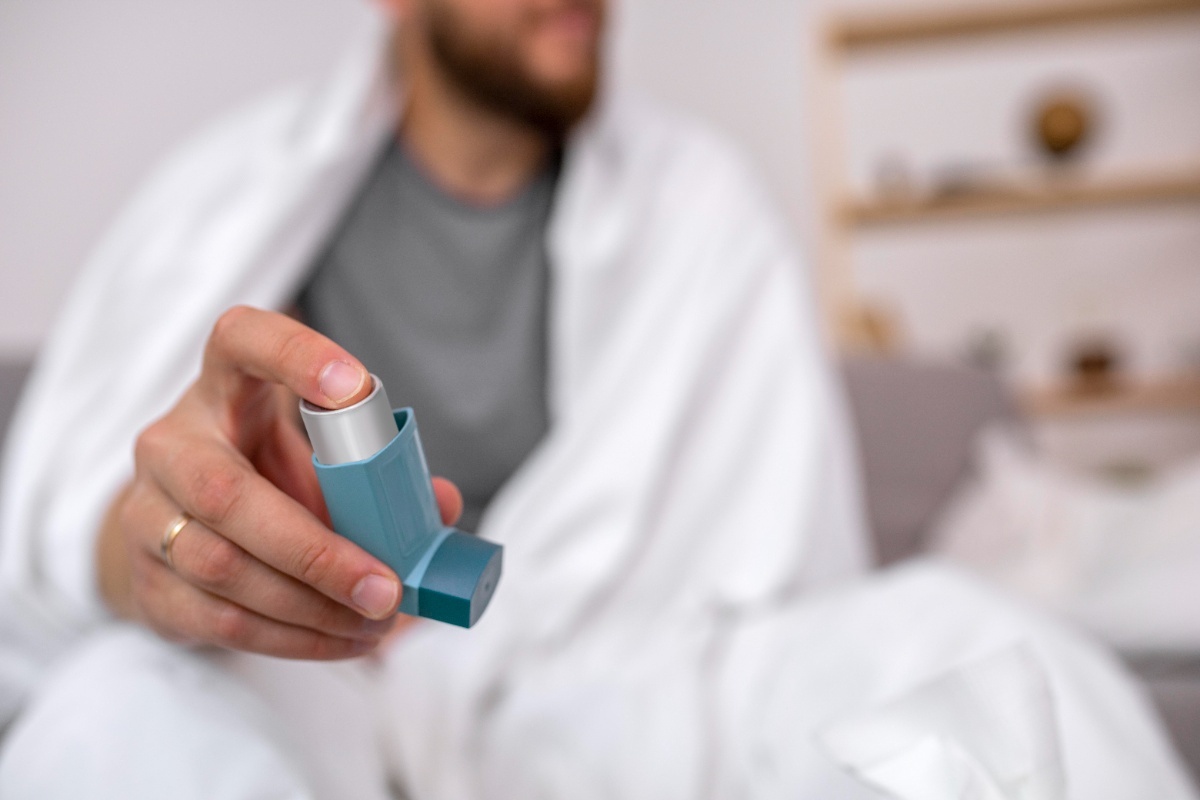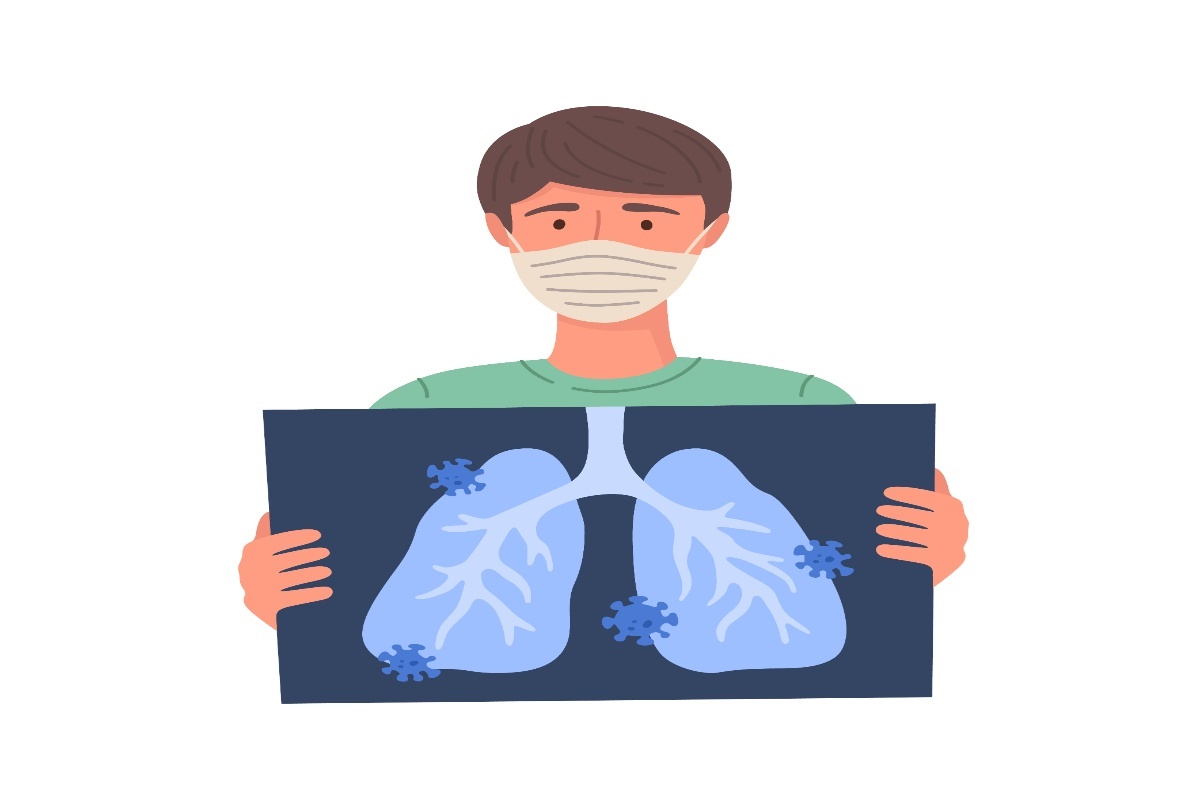Gold coast region has been experiencing significant amount of rain . High humidity levels can significantly impact lung health, particularly in individuals with pre-existing respiratory conditions. The moisture-laden air can exacerbate symptoms, reduce air quality, and create an environment that promotes respiratory distress.
How High Humidity Affects Breathing:
Increased Airway Resistance
- High humidity can make the air feel heavy and harder to breathe.
- This can lead to shortness of breath and an increased work of breathing, especially for people with asthma, COPD, or restrictive lung diseases.
Exacerbation of Respiratory Conditions
- In conditions like asthma, COPD, and bronchiectasis, excessive humidity can trigger airway inflammation and mucus production, worsening symptoms.
- Hyperreactive airways can constrict more in response to humid conditions, causing wheezing and coughing.
Increased Mucus Production and Retention
- Humid air can cause thicker mucus and impair the mucociliary clearance mechanism, making it harder to expel phlegm.
- This is particularly problematic for people with chronic bronchitis, cystic fibrosis, or pneumonia, increasing the risk of lung infections.
Higher Risk of Mold and Dust Mites
- Mold, fungi, and dust mites thrive in humid environments, worsening indoor air quality.
- These allergens can trigger allergic reactions, asthma attacks, and hypersensitivity pneumonitis in susceptible individuals.
Aggravation of Sleep-Related Breathing Disorders
- High humidity can make sleep apnea symptoms worse by increasing nasal congestion and airway resistance.
- CPAP users may also experience discomfort if humidity settings are too high, leading to rainout (water condensation in the tubing).

Who Is Most Vulnerable?
- Asthma & COPD patients: Higher humidity can increase airway resistance and inflammation.
- Elderly individuals: Reduced lung capacity makes adapting to humid conditions more difficult.
- People with allergies: Increased exposure to mold spores and dust mites can worsen symptoms.
- Obese individuals & those with sleep apnea: Humidity can further restrict airflow during sleep.
Management Strategies
- Use a dehumidifier: Maintain indoor humidity between 30-50% to improve air quality.
- Stay in air-conditioned spaces: Especially important during humid summer months.
- Increase ventilation: Open windows or use exhaust fans to reduce indoor moisture buildup.
- Stay hydrated: Helps thin mucus and prevent airway irritation.


